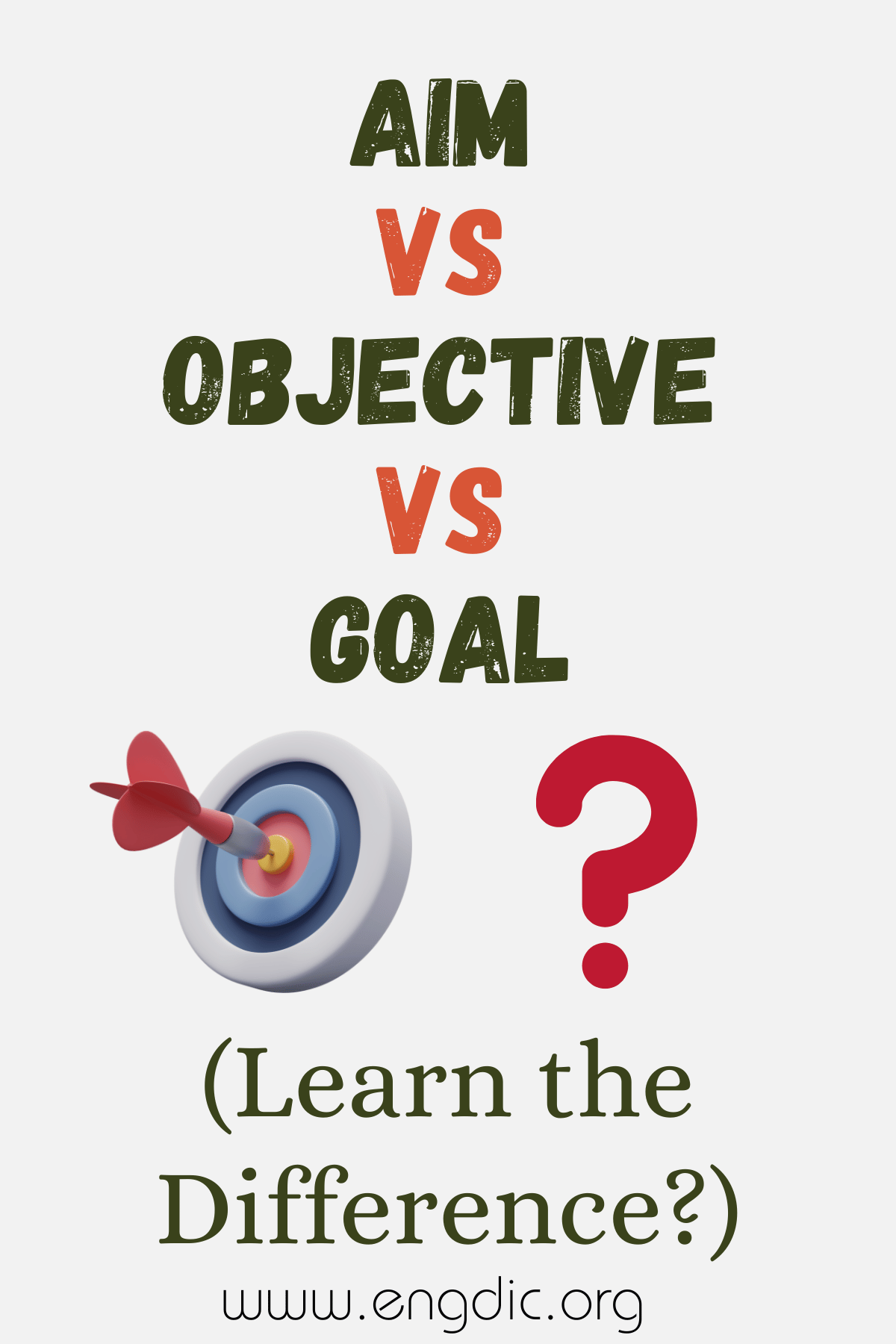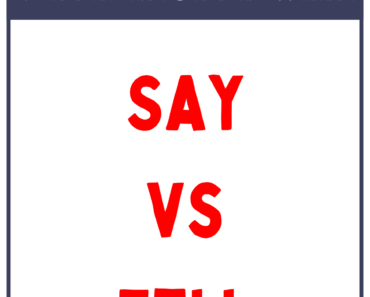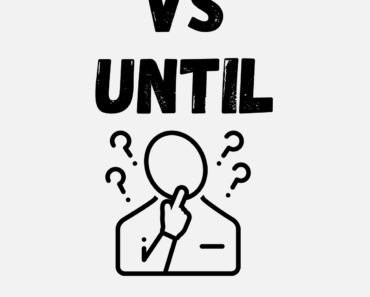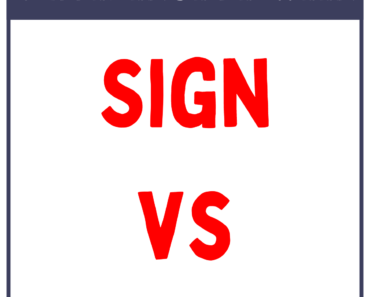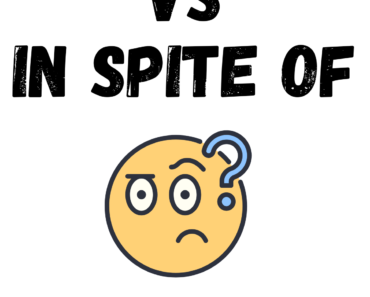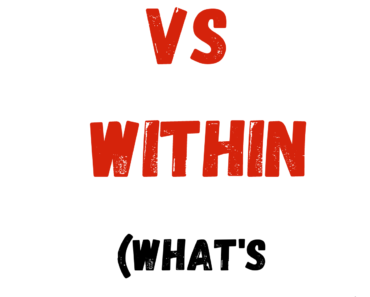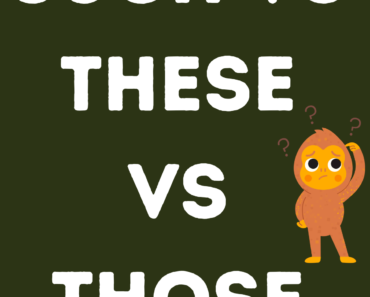“Aim,” “objective,” and “goal” all represent desired outcomes but differ in scope and specificity. An aim is broad, setting the overarching vision or intention. Goals are intermediate targets, more specific than aims but less detailed than objectives, which break down goals into concrete, actionable steps.
The aim is the ultimate direction, the goal defines a specific milestone, and the objective maps out the step-by-step process to achieve it.
Aim
Definition: An aim is a general statement about a desired outcome or an overarching intention. It defines the direction or purpose that one intends to pursue.
Usage:
- Strategic Planning: In strategic contexts, aims provide overarching direction to guide organizational planning.
- Example: “The aim of the company’s strategy is to become a leader in renewable energy solutions.”
- Education: Aims outline broad educational aspirations or philosophies.
- Example: “The aim of education is to cultivate critical thinking skills.”
- Personal Development: In personal contexts, aims reflect broad, long-term aspirations.
- Example: “His aim is to become a better communicator.”
Objective
Definition: An objective is a specific, measurable step that helps achieve a larger goal or aim. It is precise and often time-bound.
Usage:
- Project Management: Objectives are used to outline specific deliverables.
- Example: “Our objective is to complete the project within six months.”
- Performance Measurement: Objectives help in assessing progress.
- Example: “Meeting quarterly sales objectives ensures the team stays on track.”
- Learning Outcomes: Educational objectives outline what students are expected to learn.
- Example: “The objective is for students to understand the basics of algebra.”
Goal
Definition: A goal is a specific target or endpoint that one strives to reach. It is more specific than an aim but less detailed than an objective.
Usage:
- Personal Growth: Goals define clear targets in personal growth plans.
- Example: “Her goal is to run a marathon next year.”
- Business Development: Goals outline tangible business achievements.
- Example: “The company’s goal is to expand into three new markets.”
- Sports and Athletics: In sports, goals represent performance benchmarks.
- Example: “The team’s goal is to win the league championship.”
